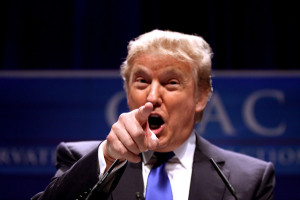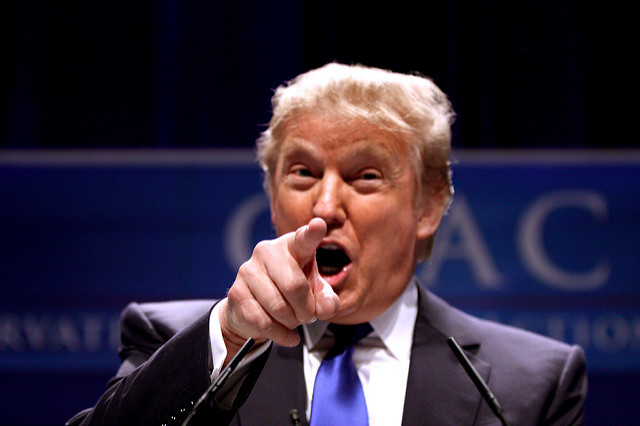>> Hillary Clinton is back on the campaign trail this week, after days of discussions about her health and how she and her staff handled her case of reported pneumonia. Questions of her fitness to perform duties should she be elected President were raised, while staunch defenders called attention to Clinton’s exhausting schedule which, to be frank, most of us would not be able to handle. Accusations of >>sexism and >>ageism have been levied, and I tend to agree with their sentiments.
Hillary Clinton is back on the campaign trail this week, after days of discussions about her health and how she and her staff handled her case of reported pneumonia. Questions of her fitness to perform duties should she be elected President were raised, while staunch defenders called attention to Clinton’s exhausting schedule which, to be frank, most of us would not be able to handle. Accusations of >>sexism and >>ageism have been levied, and I tend to agree with their sentiments.
But you know what they say about people in glass houses.
Donald Trump has not run his presidential campaign without incident. He has been >>body shamed , critiqued for his hair, and depicted as >>castrated . But by far, the most frequent insult employed against Donald Trump is a word with which we are all familiar.
Crazy.
How many times has Donald Trump been called crazy by the media? Here is a sampling of headlines that range from calling him crazy to having amateurs and professionals alike diagnose his mental condition:
Los Angeles Times : >>Donald Trump is crazy, but (probably) not insane
Washington Post : >>Is Donald Trump Just Plain Crazy?
Vanity Fair : >>Is Donald Trump Actually a Narcissist? Therapist Weigh In !
The Atlantic : >>Donald Trump: Sociopath?
David Brooks from the New York Times suggested Trump suffers from >>multiple personality disorder , and countless of other media outlets have weighed in, making Trump’s mental state a frequent topic in election discussions.
What impact does the casual use of terms like crazy, “schizo,” narcissist, and other terminology do for those who live with mental illness?
Stigmatizing those with mental illness suggests that those who are treated for these illnesses are somehow unfit and incapable of living productive, valuable lives that make meaningful contributions. Tossing around the word crazy—never anything other than an insult—demonstrates a level of unethical insensitivity, exacerbated by the fact that these are members of the media who trot out this terminology as though they have some level of expertise in the field of psychology and psychiatric care. What it really amounts to is careless journalism; the use of an easy word rather than taking the time to find an accurate one.
According to the >>National Institute of Mental Health , nearly 20 percent of the adult U.S. population has some degree of mental illness. That’s at least one-fifth of the population who live with invisible disability. Rather than alienate your friends, colleagues, and loved ones, think carefully about how you use your words.
As novelist, writer, and disability scholar >>Katie Rose Guest Pryal writes, “ableist language not only stigmatizes our colleagues with psychiatric disabilities, but it also teaches those without disabilities that using such language is OK.” Calling Trump crazy is like calling Clinton “emotional” or “moody,” suggesting that her gender makes her unfit for office.
You can dislike Donald Trump for a lot of reasons: his racism, his antifeminism, his repetition of the words “very” and “great.” But don’t call him crazy.

There are no comments
Add yours